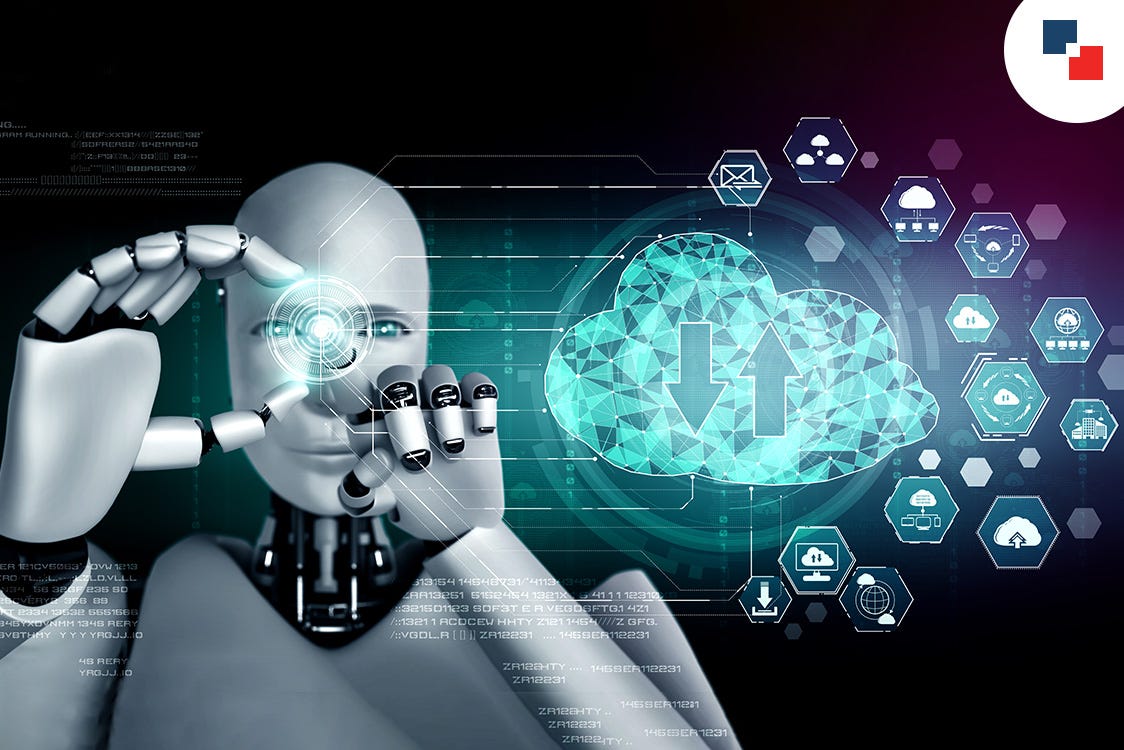AI is extremely useful in areas of automation, pattern recognition and decision-making based on data. It can process large volumes of data at a much faster rate than humans, which is vital in high-stakes environments where decisions must be made quickly to avoid costly mistakes or save lives.
AI can help companies save time and money by automating repetitive tasks such as data collection, analysis and reporting. This allows employees to focus on other important and valuable work. It can also enable companies to scale their business by providing a more efficient service for their customers.
Another advantage of AI is that it can make unbiased decisions without being influenced by human biases. This can reduce the risk of unfair resolutions in areas like hiring, loan approvals and criminal justice. However, this depends on the quality of the data and programming used to train the AI and ensure that any existing biases don’t slip through the cracks.
Despite these advantages, AI has several disadvantages. For instance, if implemented improperly, it can lead to an over-reliance on technology and lead to a decrease in human cognitive capabilities. It can also result in lower job satisfaction and lower morale. In addition, it can be expensive to implement and maintain. Finally, AI systems degrade over time unless they are constantly updated with fresh training data. This makes it essential for organizations to understand and weigh the pros and cons of AI before implementing it.


